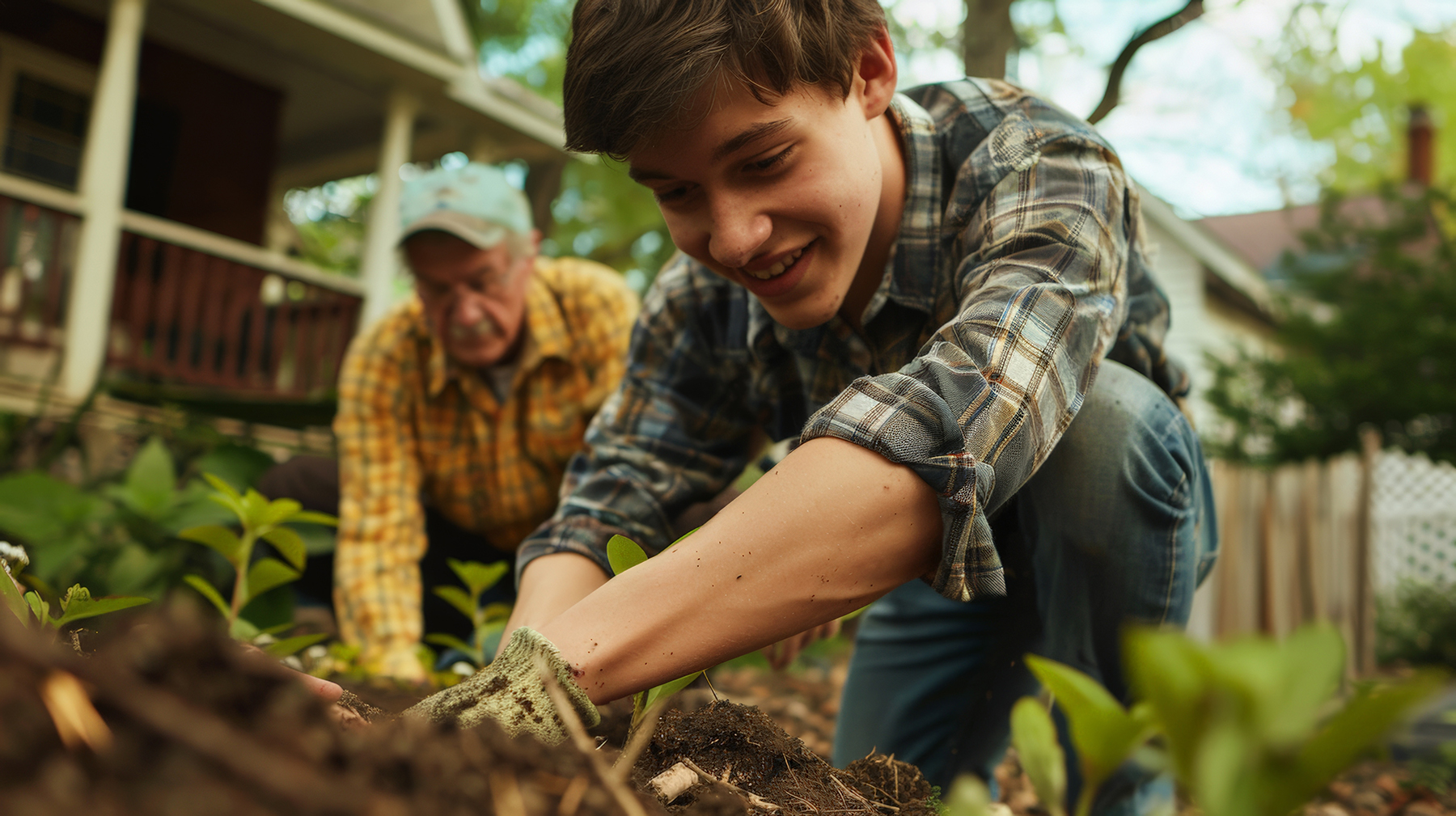Business Content
How to Thrive in the Small Favors Economy

Discover the power of small acts.
The Small Favors Economy benefits your wallet, your community, and your own personal well-being.
In today’s fast-paced world, many people feel isolated from their neighbors. The “Small Favors Economy” offers a solution, encouraging the exchange of small acts of kindness, help, or skills without monetary compensation. This could range from watering a neighbor’s plants to watching a beloved pet. In a time of increasing financial pressures and a longing for stronger communities, this simple concept is proving to have some significant benefits.
- 1. Financial Savings
Instead of shelling out cash for various services, you can trade skills or time with others. Need your car washed? Maybe a neighbor would be happy to do it in exchange for you helping them with their taxes. By swapping favors like babysitting for haircuts or pet sitting for tutoring, you can save a significant amount of money over time. - 2. Skill Development and Knowledge Sharing
Participating in the Small Favors Economy isn’t just about saving money, it’s also a chance to learn new things and share what you’re good at. By offering your skills to others and getting help in areas where you’re not as strong, you naturally pick up new talents. It’s also a way to show your best side to your community and build a reputation as someone helpful and reliable. - 3. Strengthened Community Ties
By helping each other out, you show you care and can be counted on. This creates a stronger sense of community, where everyone feels they belong and are supported. - 4. Increased Well-being and Happiness
Helping others and being helped in return is scientifically proven to boost happiness. When we engage in acts of kindness, our brains release feel-good hormones like oxytocin while reducing stress-inducing cortisol. Plus, the sense of purpose and fulfillment that comes from contributing to your community can have a profound positive impact on your mental health and overall happiness. - 5. Reduced Environmental Impact
By sharing resources and skills, we can consume less. For example, borrowing tools instead of buying them, sharing rides to reduce car usage, or repairing items instead of replacing them all contribute to a smaller environmental footprint. Even small favors can be part of a broader shift toward a more eco-conscious lifestyle.
Ready to Get Involved?
Check out online platforms like Nextdoor or Facebook groups dedicated to your neighborhood. Many communities have local TimeBanks or similar initiatives that facilitate skill and service exchanges. You can also simply start by talking to your neighbors and offering a helping hand.
For more resources that can help you with your finances, reach out to us.